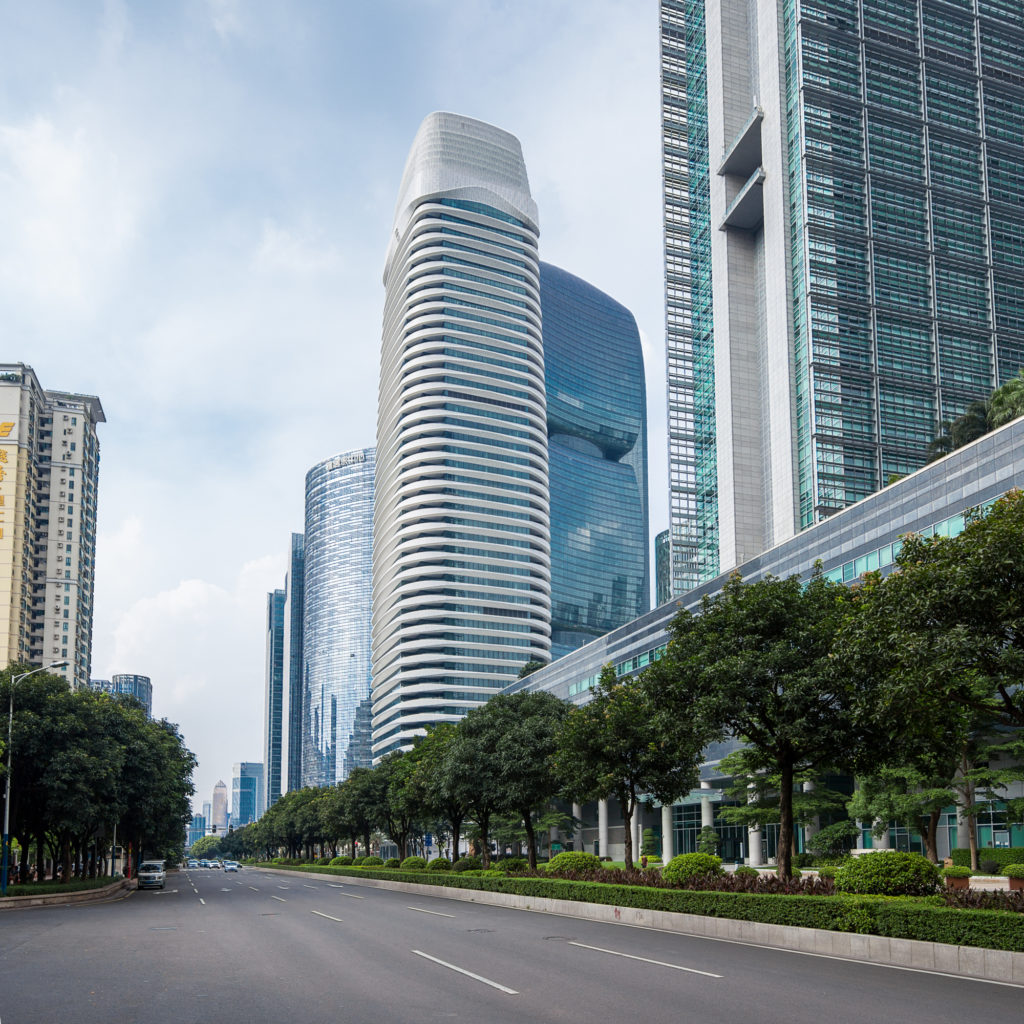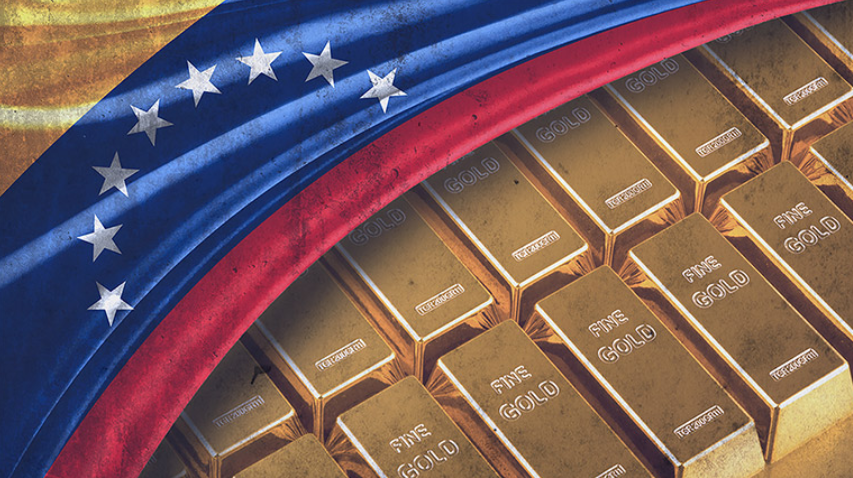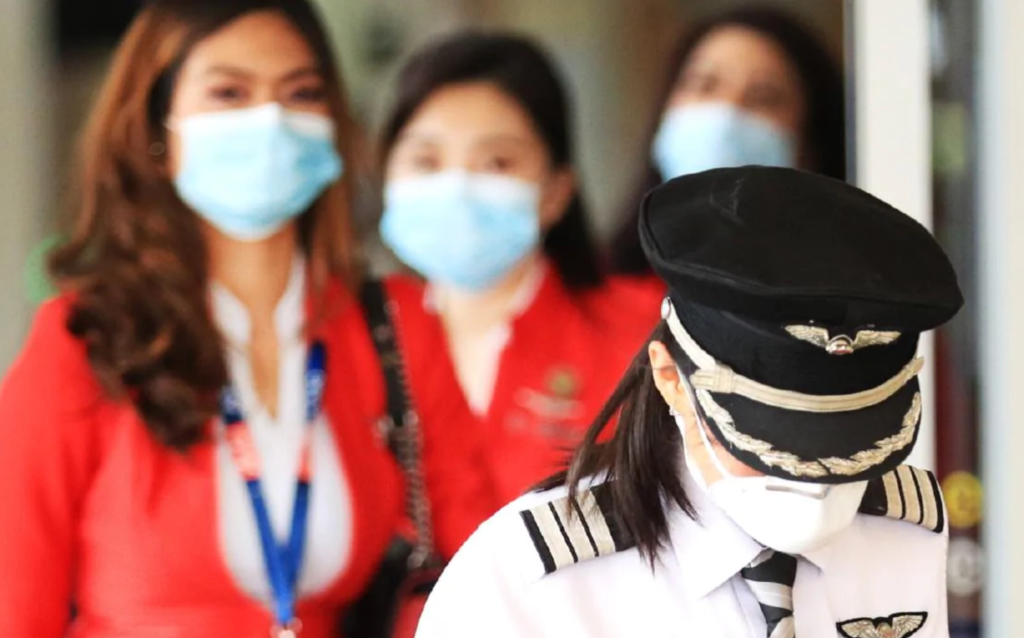
Kingold Jewelry, a Nasdaq-listed diamond setter and maker of household ornaments, has been blamed for enormous scope extortion in the second significant embarrassment in a quarter of a year including a Chinese organization recorded in the US.
The Wuhan-based organization is asserted to have utilized phony gold bars as security to falsely acquire 20 billion yuan (US$2.8 billion) in credits, for a situation that dangers fueling an ongoing drive by American legislators to oust Chinese organizations from Wall Street.
Portions of the Nasdaq-recorded gold processor plunged by right around a quarter after the charges rose on Monday morning on the site of Caixin, a territory Chinese money related media source.
Kingold unequivocally denies any bad behavior and is being examined by the “specialists”, as per Caixin. The organization couldn’t be contacted for comment by the Post.

Kingold, one of China’s biggest gold jewelry producers, supposedly utilized 83 tons of gold bars as credit insurance, which later ended up being plated copper. Caixin portrayed it as one of the biggest gold advance misrepresentation cases China has ever observed.
The advances were acquired in the course of recent years from in any event 14 Chinese money related organizations, Caixin’s report said.
The news comes only three months after Luckin Coffee admitted to a US$310 million bookkeeping misrepresentation, in a corporate administration embarrassment that sent shockwaves through the market and may have obstructed the pipeline of Chinese firms trying to raise assets on US markets.
In April, TAL Education Group, a Beijing-based administrator of educational cost focuses recorded on the New York Stock Exchange, said it might have swelled the deals of one of its business sections worth a huge number of dollars. Nasdaq-recorded Chinese video web based organization iQiyi was additionally blamed for swelling information, however denied the charge.

These and different past outrages have made American administrators progressively unfriendly to Chinese firms wishing to bring assets up in the US.
In the midst of raising pressure between the Washington and Beijing over exchange and barbed remarks about the treatment of the Covid-19 pandemic, the United States Senate as of late passed an uncommon bill to fence off Wall Street from Chinese organizations.

The bill requires raising support candidates to demonstrate they are not possessed or constrained by unfamiliar governments before they can list on a US bourse, and to submit reviews to the US Public Company Accounting Oversight Board (PCAOB).
It went ahead head of changes proposed by Nasdaq to increase current standards on candidates for beginning open contributions, with the base gathering pledges being expanded to US$25 million, or if nothing else a fourth of the organization’s worth.
Organizations including China Minsheng Trust, Hengfeng Bank and Dongguan Trust gave credits to Kingold, and these were secured by 30 billion yuan of property protection strategies gave by state possessed safety net provider PICC Property and Casualty and other littler back up plans, Caixin’s report said. The organization’s US inspector is Friedman LLP.
PICC was not accessible for input when reached by the Post.
As indicated by Caixin, the phony gold was uncovered in February when Dongguan Trust set out to exchange Kingold’s security to cover defaulted obligations. Toward the end of last year Kingold purportedly neglected to reimburse financial specialists in a few trust items.
Kingold was established in 2002 by Jia Zhihong, who once in the past served in the military in Wuhan and Guangzhou. The organization structures and makes 24-karat gold jewelery and decorations, selling both straightforwardly to retailers just as through significant wholesalers across China.

In November, Kingold posted an overal deficit of about US$24 million, or US$2.18 per share, for the nine months finished September 30, 2019. Net deals for the nine months were US$1.43 billion, down from US$1.84 billion over a similar period in 2018.
